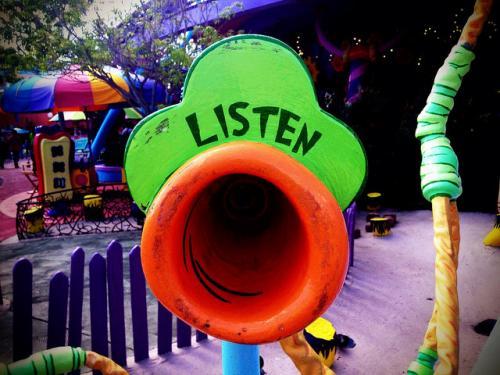In our biweekly call last week, we reminded ourselves that courage is incredibly personal and individual. We briefly discussed how the context a person is in determines the definition of courage and then started talking about intellectual courage specifically. For intellectual courage, we talked a bit about continuing on your path, even when met with pessimism or difficulties. Steve suggested that intellectual courage is, in part, about willingness to accept that you are wrong and to listen. On the other hand, standing up for your beliefs or sticking to the facts is also part of intellectual courage.

Tsering phrased it nicely by saying.
“Intellectual courage is being willing to not know the answer. To be in that state of “not knowing” as you try to find an answer. People tend to want to jump to an answer before they’ve understood the question. People are afraid of being wrong before really researching or understanding the problem.”
She also said that we assume there’s a level playing field, that all people have agency to exercise courage. But people may literally be voiceless. Privilege and courage are related.
This statement led to us discussing how important it is for Greenpeace to develop a culture of feedback. In particular, people in leadership roles need to remember to give feedback, especially positive feedback, often. Encouragement is important to strengthening the courage muscles.
We further discussed intellectual courage and its relationship to breaking down silos inside the organization. Breaking down silos is about building trust. We need to trust that we’re moving in the right direction. We need to trust that other people in our communities have the best intentions because communities are built around shared goals.
Individuals negotiate for their position within a community to be respected. When we are trying to break down silos the most important thing is to listen. Too often we, in all of our excitement, parachute in and throw our own ideas around. However, the people who are successful at building long term relationships and long term strategies go and listen.
The need to slow down, pay attention and listen is something that I’ve been reflecting on as I work on the Planet 4 project. In our Engagement Community Call last week, several people expressed worry that the core team hasn’t been specific enough with timelines. We responded to the commentary and began producing a sort of treasure map that will explain the various phases of the project. The map will be published on our P4 Publication later this week.
Listening and being in that state of “not knowing” is part of how you are able to connect with people. Truly connecting is how we can address the real world problems people have. To be successful in a project or an organization, in a community or in life more generally, make sure you take the time to listen.